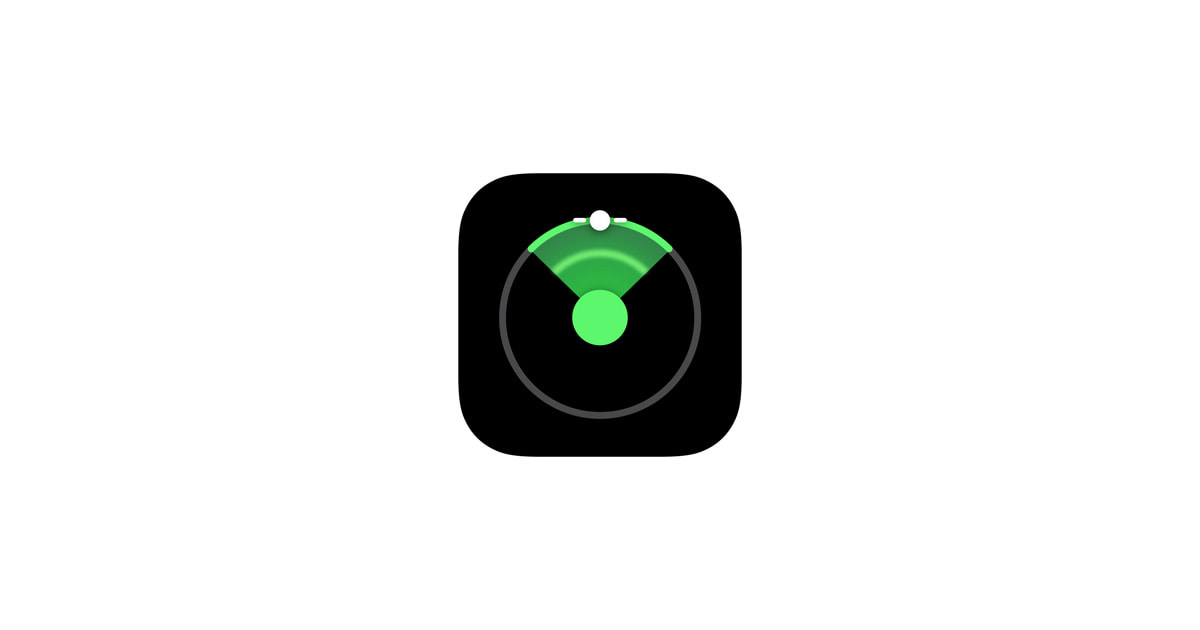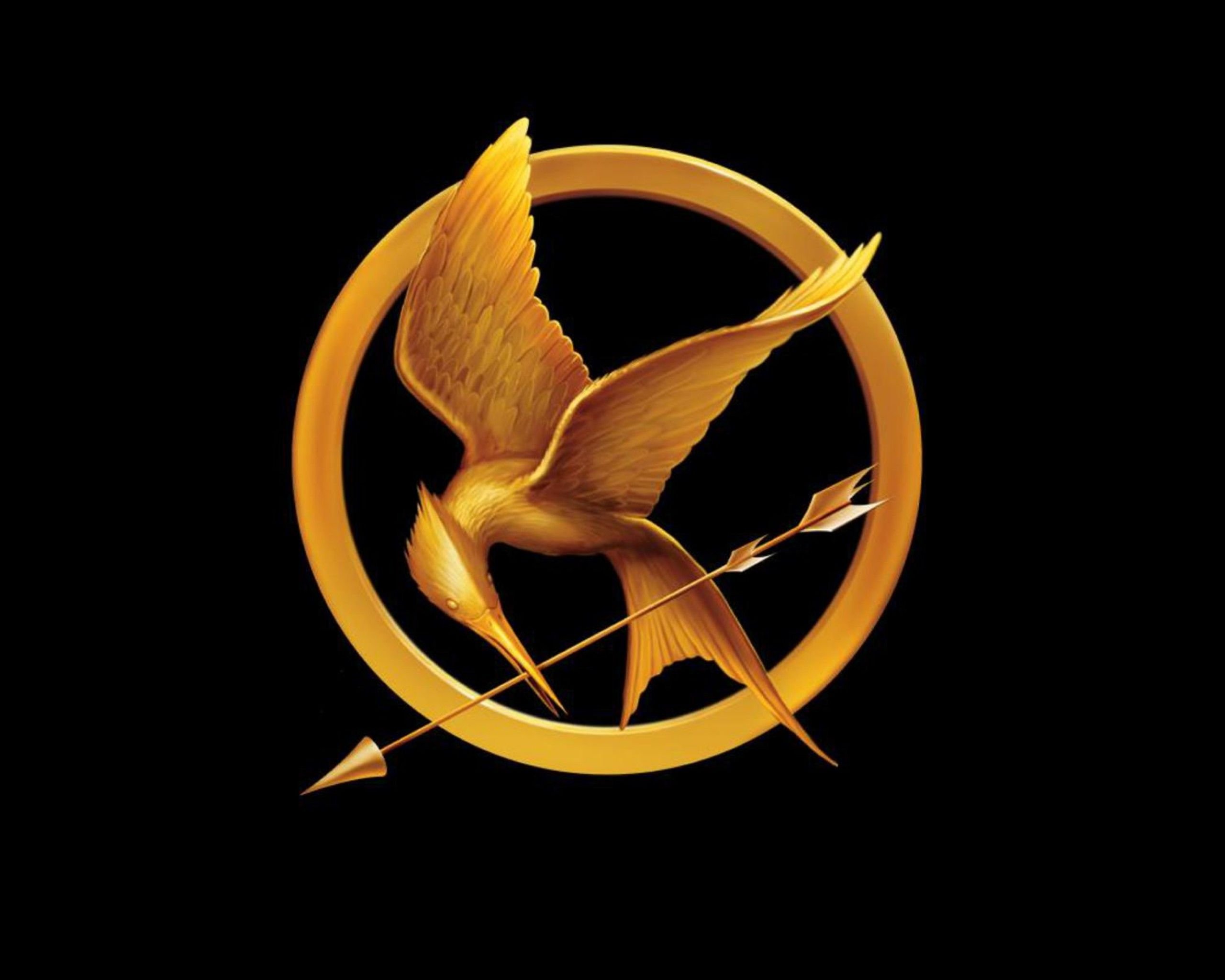This really should not be a paid service. Can you imagine the headlines: family died after being stranded because they didn’t pay for satellite rescue on their phone.
to get rescued, please give the numbers on your credit card.
Transaction failed. Move to an area with better network service.
The price to be rescued is now $1000, in 30 minutes it will increase it to $2000. Would you like to be rescued?
Yes
Ask again later
Sorry, no rescuers are available in your area. Try again later.
It’s peak rescue time, Uber surge pricing is active
Just give me something for the pain and let me die
Sorry, that is not included in your apple care life plan, you need apple care life + pro for that. Do you want to upgrade?
It’s like that whole Volkswagen thing again!
It sucks because this is one of those things you don’t need them until you really do. Pay as you go model would be ok for me. Emergency? Sure, take a 100€ from my credit card just get me the hell out of here.
What if that number was 10 grand? Higher?
That’s more in line with what covering the costs with “only pay if you actually have to connect” looks like. Actual forest services offer similar programs in some places, where you pay a small annual fee as “insurance” against being liable for needing to be rescued if you’re negligent and need it. Capacity is expensive and use of these types of services is simply not common enough to benefit from economies of scale. You can’t make your costs back that way without charging out the ass when it’s needed.
I can’t imagine that Apple pays $10k per-incident to allow their phones to connect to a third party’s satellite network. As you point out, rescue services are a different story, but that’s independent of whether you contact them via satellite or standard cellular.
They’re probably not paying per incident, because that model doesn’t work. They’re paying per authorized device.
A dedicated satellite device like inReach is $144/year for unlimited SOS and 10 standard text messages
I think you’re overestimating the cost of data
Less than “unlimited” isn’t meaningfully cheaper to provide. It’s $144/year and not thousands per use exactly and exclusively because you can’t buy it when you need it.
If you could buy it on demand, 99.999% of revenue disappears because there’s no reason to pay for a subscription, and you have to massively raise the price per use for the service to break even.
I can just tell you we’re paying them ~30% of the consumer price per device in a B2B deal, and I suspect Apple can demand a significantly lower rate when almost none of their devices will ever connect
Yep. I agree. And most people have a card attached to their Apple ID so that may work.
RTFA, it’s free and always has been. They’ve never even floated a price.
You act like the helicopter ride to bring you back to safety isn’t going to bankrupt you for the rest of your life anyway. This is America we’re talking about
Edit: at least in the US* I should have said
Satellites do in fact go over other countries.
I was under the impression that SOS via satellite was still US only, seems they’ve since opened it up to more countries. That’s great!
I don’t mind it if the ride is paid, I think putting a “sorry you didn’t pay in advance so you can’t get a ride when you need it” is the issue.
I think paying for emergency or medical services of any kind (outside of your income taxes) at all is the problem here.
I’d imagine this is one reason why they’re extending the free service. It would be a PR nightmare for Apple if that were to occur.
But I think the biggest reason why is because the 14 models are still actively being sold by Apple themselves. The Emergency SOS feature is a big marketing point for those models so I can see them dropping the free service as they get dropped from sale.
deleted by creator
Is Siri nationalized? No. And yet it uses cloud server computations. Maybe a service model like 1 or 2 free calls per year then pay per call would be a better model. That allows people to get themselves out of a bad situation and discover that this emergency function is useful. Then if a call is made later, it get credited to your cc attached to your Apple ID, just like buying an app.
Of course the Lemmy user thinks the service that costs money to run should be free.
Siri costs money and is free. This is a feature you don’t use unless you’re in an emergency situation. I would be okay to pay for it but not as a subscription as they were hinting.
Oh like the GPS system?
GPS is a US military system entirely payed for by taxpayers, that just spams out pings to any device listening. Civilian end users can’t transmit to it.
And it wasn’t freely available to civilians for years, until the Korean Airlines Flight 007 was shot down in 1993 by the Soviets due to a navigational error causing them to drift into Soviet airspace.
That’s not funded by a private company, it’s taxpayer funded.
Surely they have enough money to offer it free and just make it another selling point for iPhone over android. It’s not like they charge for Siri (yet).
deleted by creator
$30 wouldn’t be competitive at all. A basic Garmin InReach subscription is $15 a month.
With Apples massive user base, they should be able to just include it in Apple One or as a standalone for a couple bucks a month. They would instantly have more revenue just from that than Garmin does from InReach.
Capitalists do nothing for free because they are callous, heartless monsters.
It really blows my mind that Apple doesn’t offer this as a free service for owners of the phone. I mean can you imagine this as a selling point for parents alone?
Not sure what you’re talking about. Did you even read the article? It’s free and always has been. They’ve never even brought up a price.
The stories of people saved are marketing gold for Apple.
The only context to view their language (extending free year) is that they intend to switch to some form of a paid model i.e bundled or standalone.
I’m not commenting on whether that’s good, or bad, just that it’s clearly what they are planning on doing. Otherwise, they wouldn’t use that specific language.
deleted by creator
It’s called keeping your options open. I don’t expect it to go paid, ever.
Can you imagine the negative publicity if some family with little kids dies because it’s behind a paywall? Me neither. Won’t happen but it keeps their competitors off balance.
I did read the article but maybe I am confused so feel free to clarify for me.
The article states:
‘Apple extends Emergency SOS via satellite for an additional free year for existing iPhone 14 users’
So the implication is it isn’t free after that time. What about other iPhone users? Is this free for everyone irregardless who has any model iPhone or just the 14?
The implication is that Apple’s language is very specifically implying this is a fee-for-service product, but that they are waiving that cost for a defined time period. They may extend that again, or several more times, but they are going out of their way to NOT say it’s just free, or simply an included feature e.g. FindMy.
If their intent was to have it be an included service, they would NOT include the language about how long it will remain free.
Releasing too much info gives your competitors an advantage. Keeping them in the dark keeps them guessing.
Guessing they’ll be moving to starlink at some point in the future and it will get even more affordable.
I don’t see it being an incredibly expensive service for them to provide given the obvious public relations gains, especially when they just said they’d be opening it for auto incidents too. Super high volume compared to a few (hundred?) rescues.
That said, I could see the auto coverage being a paid service down the road. Pun intended.
deleted by creator
Ah thanks.
As always, the devil is in the details.
deleted by creator
Apple bashing. It’s kinda transparent when you know that Apple has upwards of 80% of the smartphone market in North America (source Daily Tech News Show).
Low budget smear campaigns are literally all the competition has left…
That’s exactly what they’re doing right now. They’ve not made an indefinite commitment to it, but it’s the second free year for a device enter its second year.








